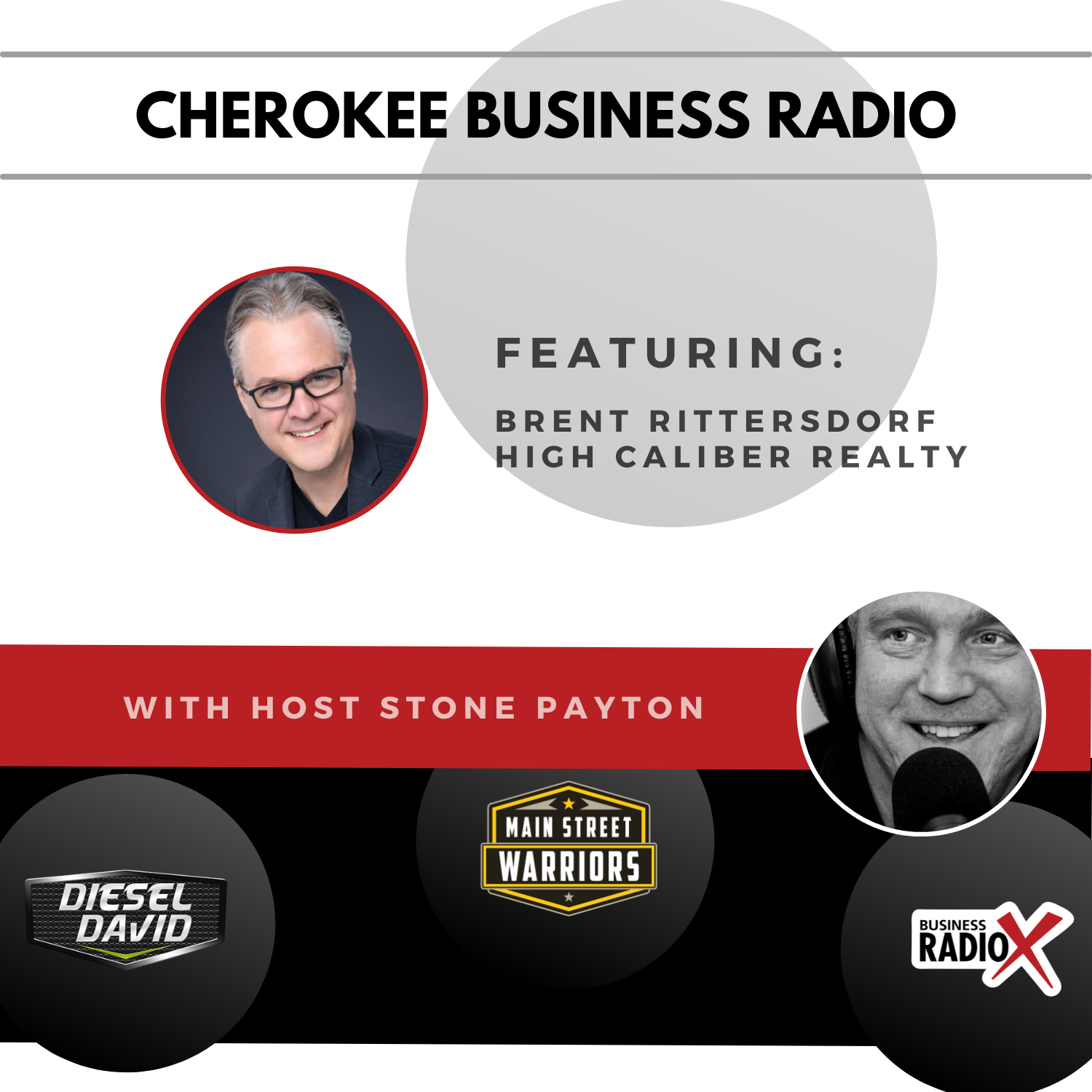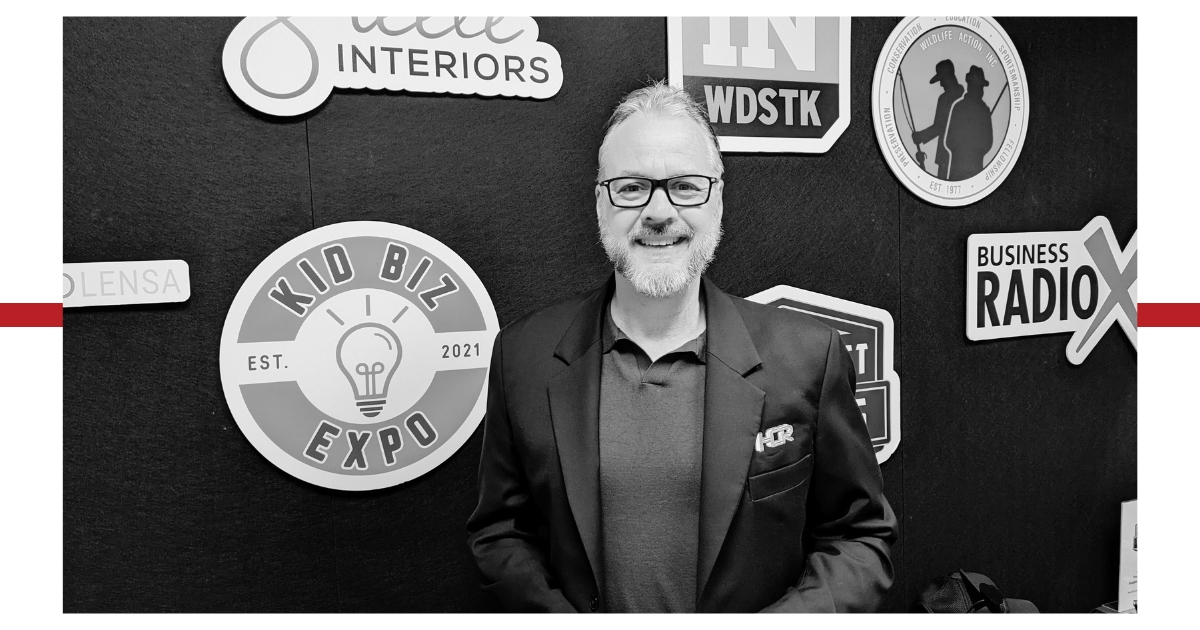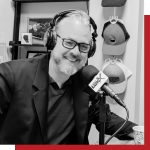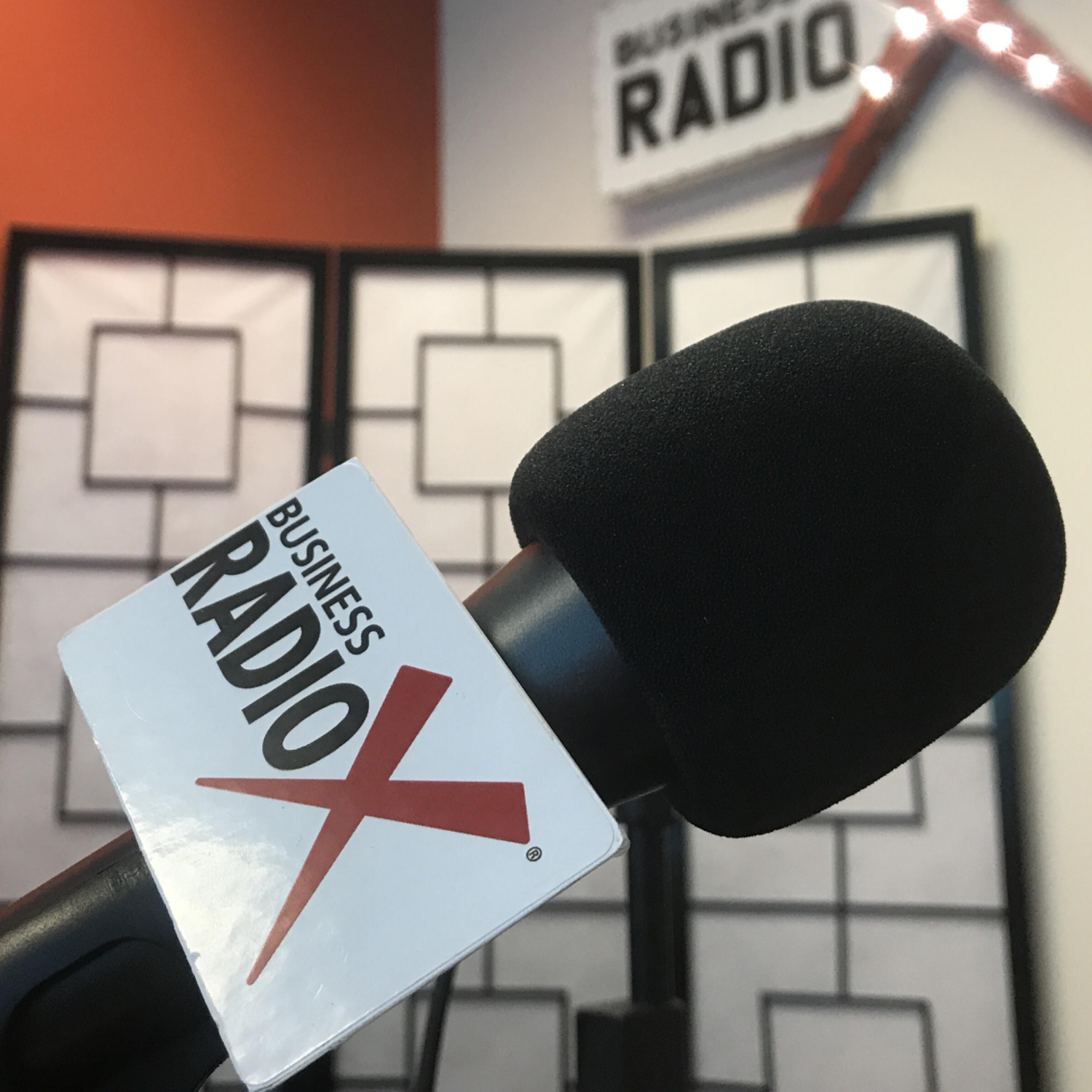
BRX Pro Tip: 3 Effective Time Management Tips
Stone Payton: And we are back with Business RadioX Pro Tips. Stone Payton Lee Kantor here with you. Lee, give us some tips from what you’re learning about managing that all too precious resource – our time.
Lee Kantor: Yeah, I think a lot of times people are just taking time for granted, and time just slips by and it moves so fast. And as we get busier and busier, and our time gets kind of squeezed more and more, it’s important to kind of understand where you’re at, what you’re doing, what you’re trying to accomplish.
I think the first thing to do is just assess your situation. So, kind of have some sort of time tracking system or use your calendar. Make sure if you’re going to use your calendar as a way to assess your situation, then put everything in there. Put your workouts, put your eating, put your meetings, put your work. Whatever you’re doing, kind of document it so you can really assess what your situation really is, not what you think it is because a lot of times, you think you’re doing some things, but if you look back, you’re really actually not doing those things. So, put everything down in a calendar because the calendar is not going to lie. The calendar is showing you the day, and you’re just putting in everything you’re doing during that day. It’s like a food journal. If you write down everything you’re eating, you’re going to know what you’re eating.
Number two is once you kind of have that assessment, see if it’s possible to kind of try and implement some of these techniques to get work done faster. I like using the Pomodoro technique, which is I kind of timebox an area, and then I’ll put a timer, and then I will work for, in this case, in my case, 25 minutes straight through, no interruptions, just focus work. And I find that that that improves my productivity, and it gets more things done faster than if I say, “Oh, I’m going to do that,” and then just kind of, throughout the day, try to do it. And then I realize, I didn’t do it because I never really marked the time, and I didn’t identify the area, and I didn’t kind of just got the work done. So, it’s important to identify the areas that will move the needle in your business, block out the time, and then get it done.
And then, periodically review and prioritize the tasks that need to get done because a lot of times, you need to get something done and then you don’t need to get it done anymore because it’s done. So, then, make an adjustment and put something else there to get done. So, those are some easy ways to get started with time management.

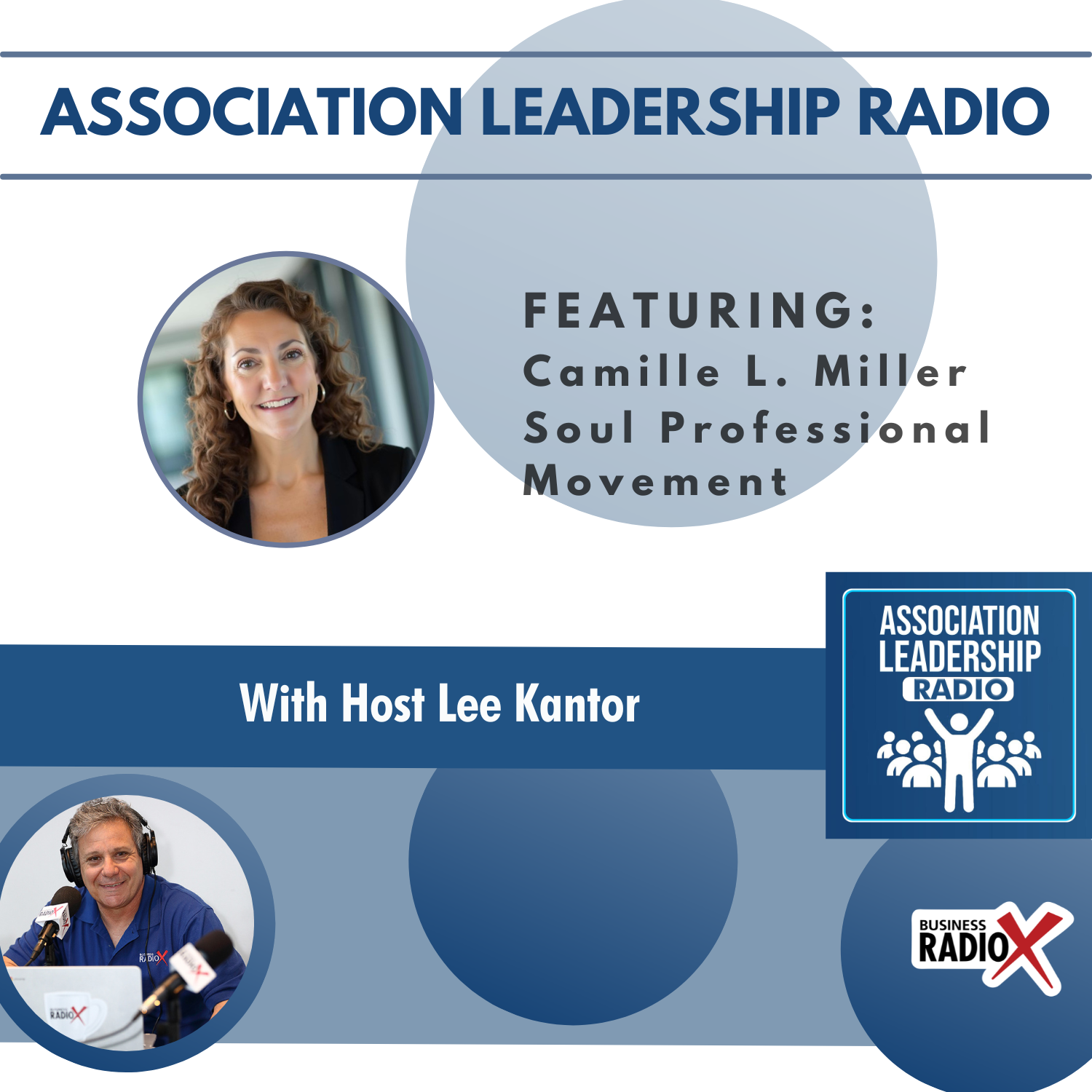
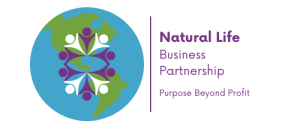
 Camille L. Miller is a 3x bestselling author on soul-driven entrepreneurship, founder of the
Camille L. Miller is a 3x bestselling author on soul-driven entrepreneurship, founder of the 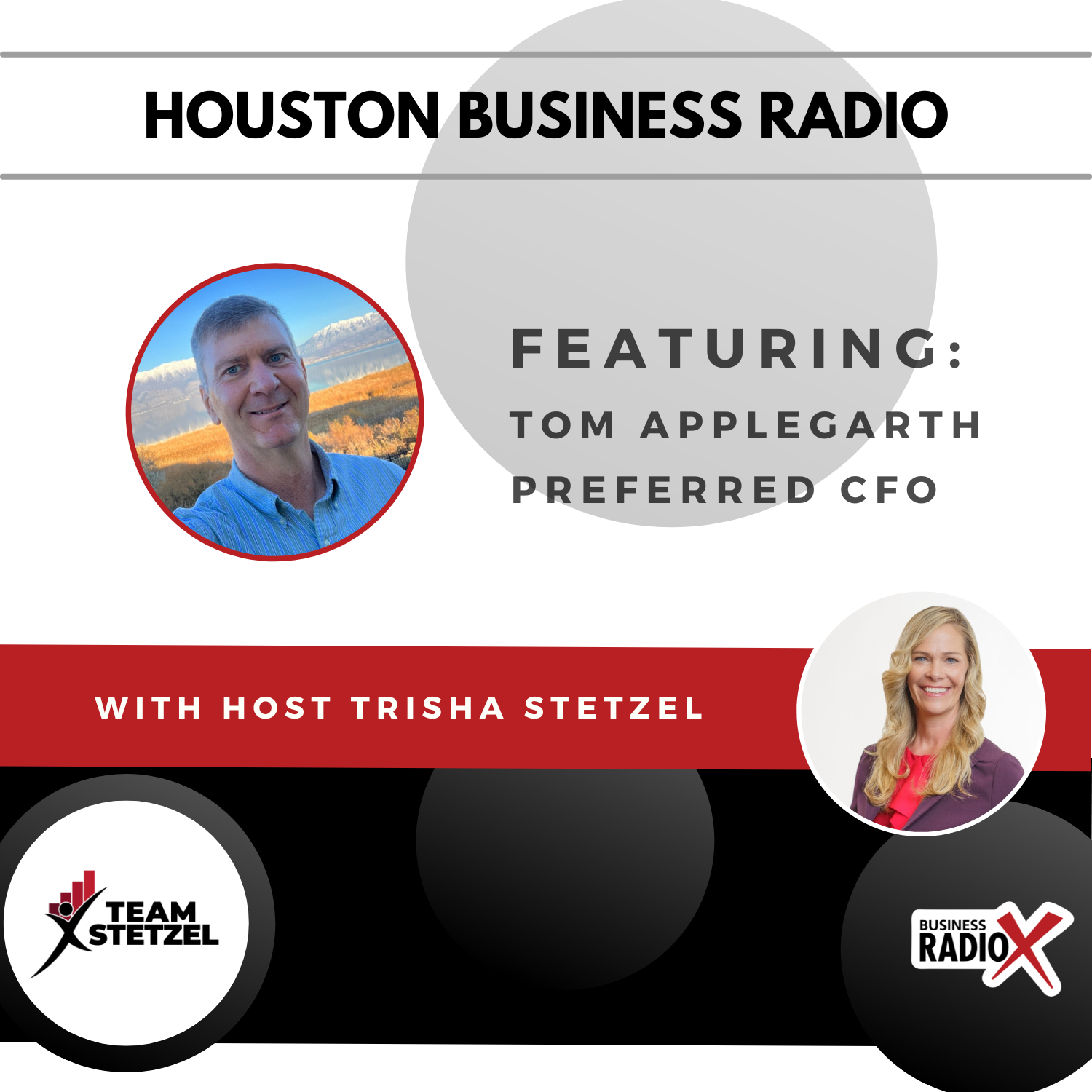
 Tom Applegarth with
Tom Applegarth with 


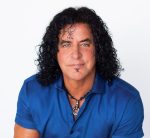 From a professional dancer to a global relationship coach, Andre Paradis has dedicated his life to helping others build healthy, lasting connections. His passion for teaching took him from Japan to Bangkok, and in 2006, his deep curiosity about relationship dynamics led to a powerful discovery.
From a professional dancer to a global relationship coach, Andre Paradis has dedicated his life to helping others build healthy, lasting connections. His passion for teaching took him from Japan to Bangkok, and in 2006, his deep curiosity about relationship dynamics led to a powerful discovery.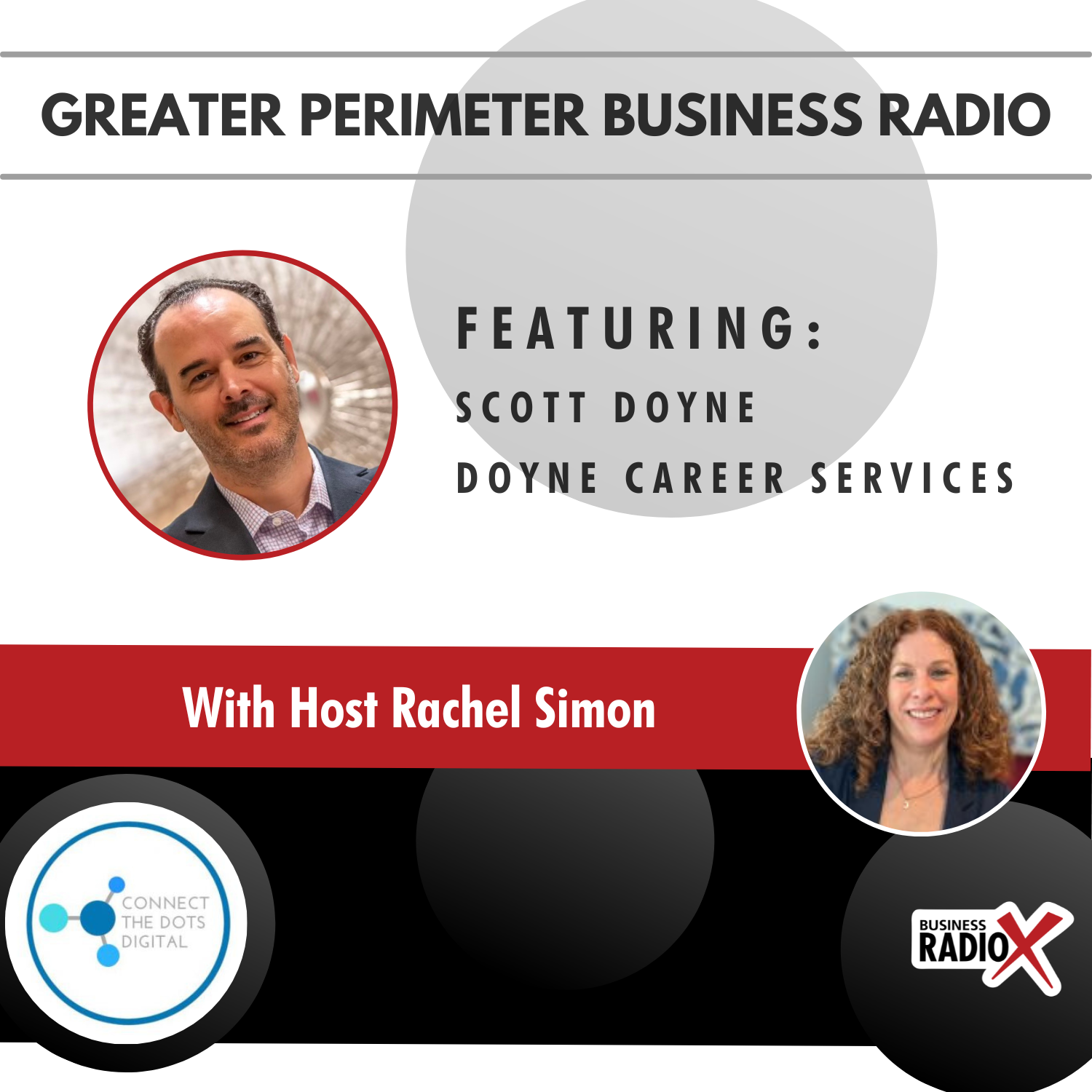
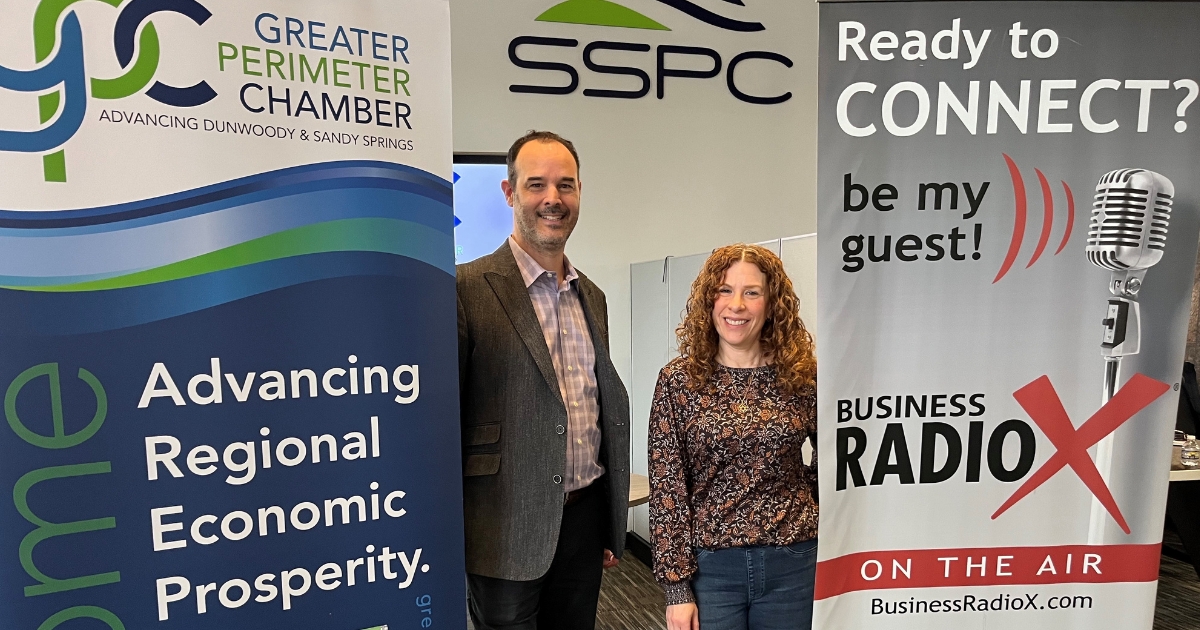
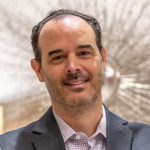 Scott Doyne is a
Scott Doyne is a 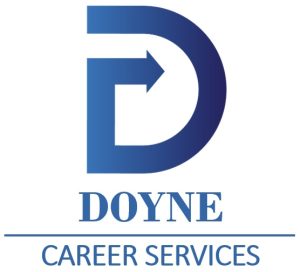
 Rachel Simon is the CEO & Founder of
Rachel Simon is the CEO & Founder of 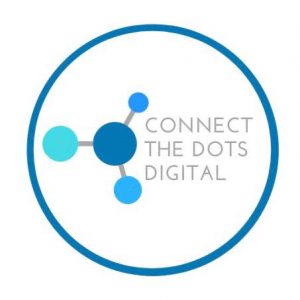

 Michelle Cox is the founder and CEO of an
Michelle Cox is the founder and CEO of an 
